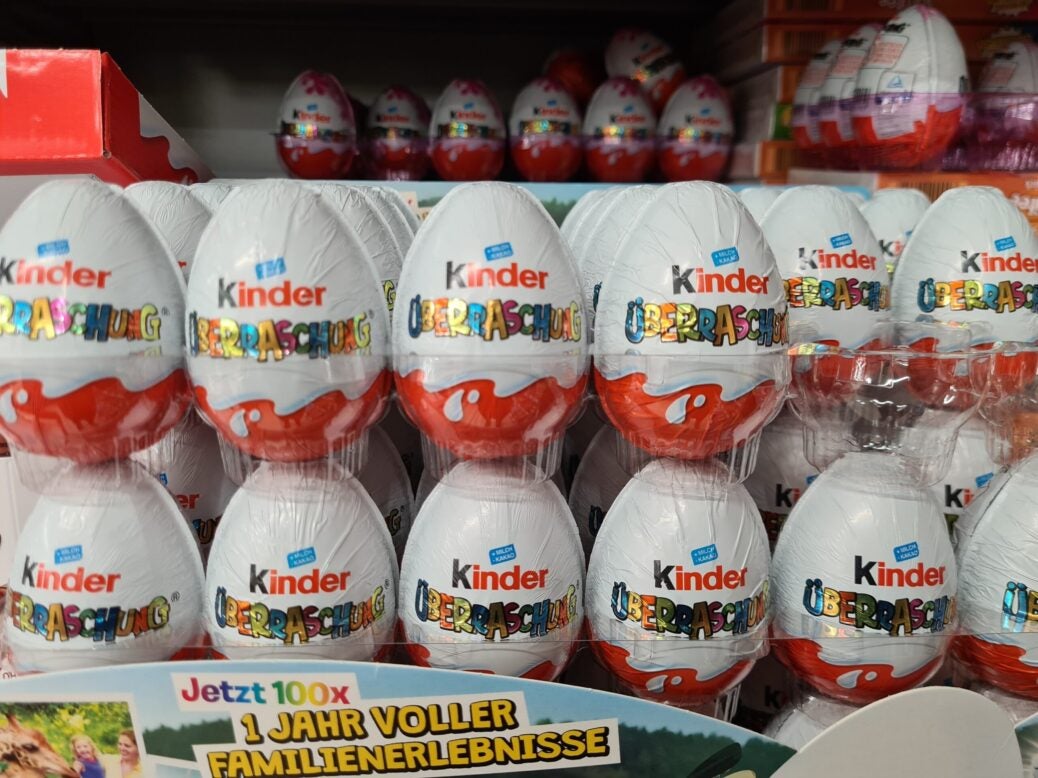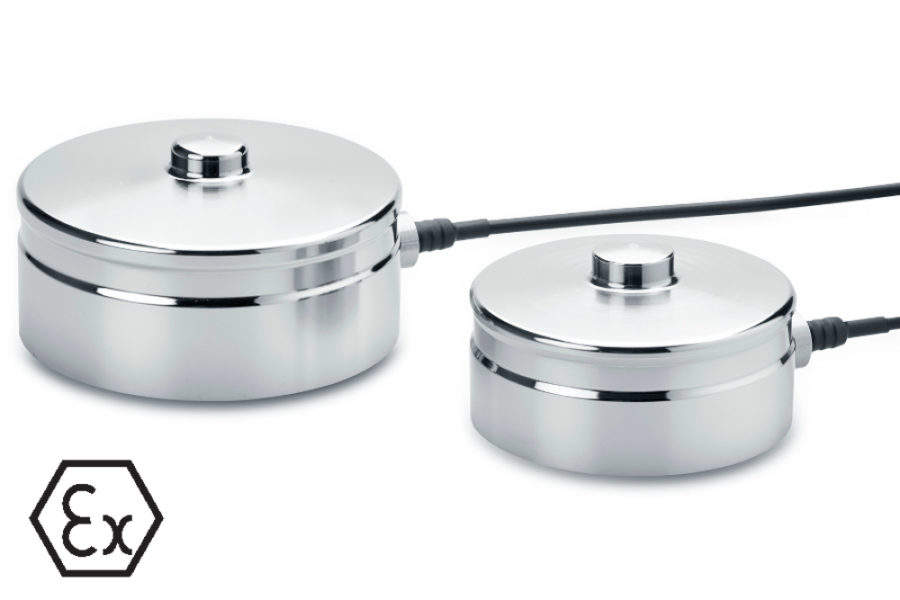
Ferrero has restarted Kinder chocolate output at a plant in Belgium identified earlier this year as the source of salmonella that sparked recalls across markets.
Privately-owned Ferrero received a three-month authorisation window on 17 June from the FAVV-AFSCA to reopen the facility following an in-depth investigation into monophasic Salmonella Typhimurium. The Italy-headquartered company also had to provide safety guarantees following more than 400 reported cases worldwide from the consumption of Kinder chocolate products.
A Ferrero spokesperson confirmed to Just Food the facility reopened last Monday (4 July), adding since the June authorisation the business has been “focusing on the progressive steps to restart the production lines”. The objective is to have all the production lines fully operational by the end of July, at “the latest”, the spokesperson said.
Salmonella-linked illnesses connected with the Arlon plant first came to light in the UK on 7 January, prompting a worldwide recall of certain Kinder products and suspension of sales by concerned retailers. However, it was not until April that Ferrero acknowledged Salmonella Typhimurium had been detected at the site on 15 December. The “point of origin was identified to be a filter at the outlet of two raw material tanks,” the company said at the time.
The FAVV-AFSCA ordered the suspension of operations at Arlon on 8 April. Then in June, the food-safety authority granted a conditional window to reopen, with permanent clearance to be provided “in the event of favourable inspection results”.
The food-safety body, which falls under the purview of the Federal Agency for the Safety of the Food Chain (FASFC), said in June: “During this period, the raw materials, as well as each batch of food produced, will be analysed. Only if these analyses give a compliant result can the products be placed on the market.”
AFSCA added: “The FASFC is of the opinion that, as things stand, Ferrero offers the necessary guarantees of compliance with food-safety rules and requirements.
“Nevertheless, the FASFC has opted for a conditional authorisation because the agency considers it essential to be able to verify the practical application of all internal procedures once the plant has resumed its production activities.”
The most-recent incidence update from the European Centre for Disease Prevention and Control (ECDC) is 3 June, stating there have been 370 confirmed cases in the EU and the UK, and a further 22 probable cases linked to the plant. And another 53 have been confirmed in Switzerland, Canada and the US.


